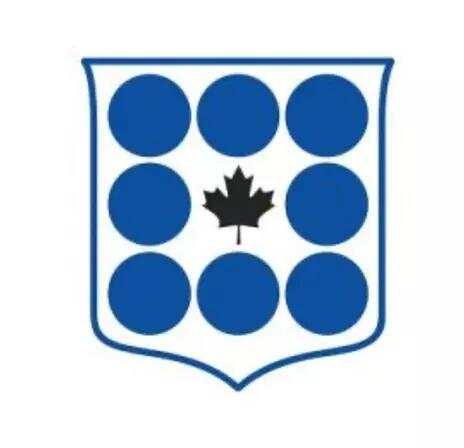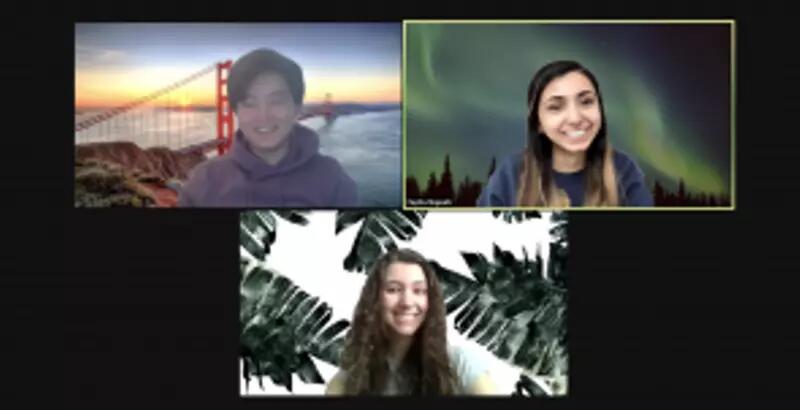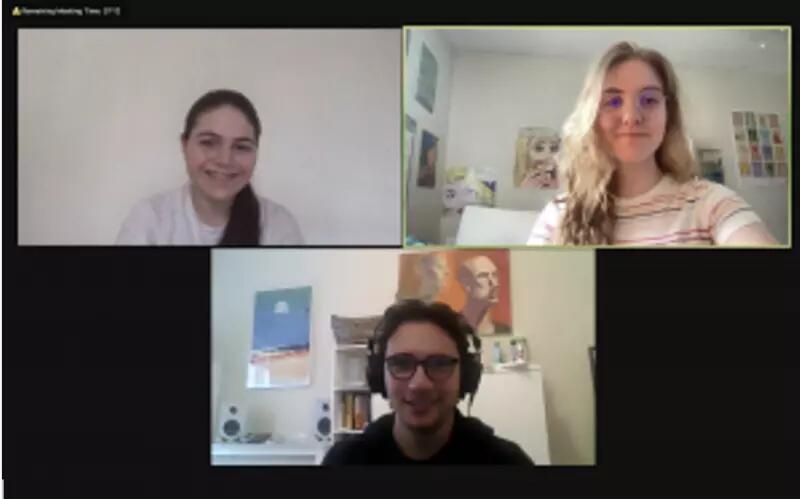In PCJ362H1S: Service Learning, students are given a learning placement in the GTA in partnership with local, national, or international not-for-profits or governmental organizations. Students work in teams of 2-7 students, and help partner organizations solve important problems and further their missions, giving students the opportunity to apply their learning from PCJ to the “real world.”
Canadian Civil Liberties Association Team (CCLA) – Team 1

As one of the two teams assisting the CCLA, we’ve been helping with a project concerning educating youth in detention facilities in Ontario. The CCLA is an NGO that defends and promotes civil liberties, human rights, and democratic values in Canada. One of its current projects investigates the state of education at youth detention facilities in Ontario, and, once it identifies existing barriers present in the system, suggests best practices that could be adopted by educators and administrators so as to improve the experience for youth in detention centres. Our task was to renew the literature review that will precede the CCLA’s report. So far, we’ve completed a thorough literature review by surveying relevant journals, and we’ve written up a report with our findings.
The importance of this project is clear: youth in facilities require and deserve equal access to education as those elsewhere in Canada. Our work will help with recognizing barriers they might face in accessing high-quality education and suggesting strategies to confront them, which will be vital for remedying any inequalities.
Ori Gilboa, Bianca Piccone, and Michael Tolkunow
Canadian Civil Liberties Association (CCLA) – Team 2

The CCLA has asked us to develop an engaging educational resource on identifying and countering online misinformation. Our project involves creating interactive school workshops in both English and French. We cater each lesson plan to specific grade levels based on the Ontario Curriculum. The youngest workshop, for grades 5-6, includes the fundamentals of responsible digital citizenry, which is further built upon for higher grade levels. For grades 10-12, we are adding a section on political misinformation with the goal of creating responsible and well-informed voters.
We hope that we can create an effective tool that Canadian schools can employ to teach students about an often ill-defined and undiscussed area of online activity, fostering future members of society with critical thinking abilities and accurate information.
Fayha Najeeb, Charlotte Elek, and Eric Zhao
Student Rights at U of T

Our project is unique, given that we are the only team not partnering with an NGO. Instead, we are working independently to research the state of student rights at the University of Toronto. With this information, we will be publishing a comprehensive and accessible document for U of T students outlining their academic, non-academic, and equity-related rights. We are also collecting information on their experiences along with conducting a cross-institutional comparison to make recommendations to the administration on how they can better provide and enforce rights for their students.
We believe that with this project we can improve the U of T student experience not just for ourselves and our peers but for generations to come.
Drew-Anne Glennie, Eliana Bravos, and Jacob Kates Rose
Environmental Defense Canada

Environmental Defence Canada (EDC) is an environmental advocacy organization that strives to defend clean water, a safe climate and healthy communities. EDC has three main focuses: encouraging the government to enact policies to protect the health and environment of Canadians, working with industry to build a clean and prosperous economy, and empowering Canadians to take action in their day to day lives. EDC has identified their average supporter as being approximately 45 years of age and wants to be able to garner the support of youth in pushing for more sustainable provincial and federal environmental policies. Our project is focused on boosting EDC’s engagement with younger demographics, and in doing so, encouraging youth to pursue climate advocacy.
We hope to bridge gaps in political literacy through the production of easily consumable and shareable social media content, acknowledging that youths of varying educational backgrounds may be intimidated by the political process. Ultimately, we are excited by the prospect of fostering a greater culture of advocacy among Canadian youth and prompting civic engagement.
Jasmine Lambert, Jonathan Banfield, and Guilherme Patury